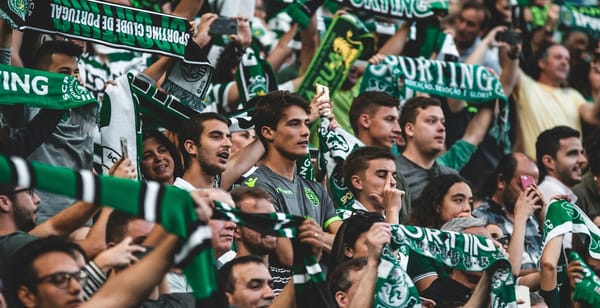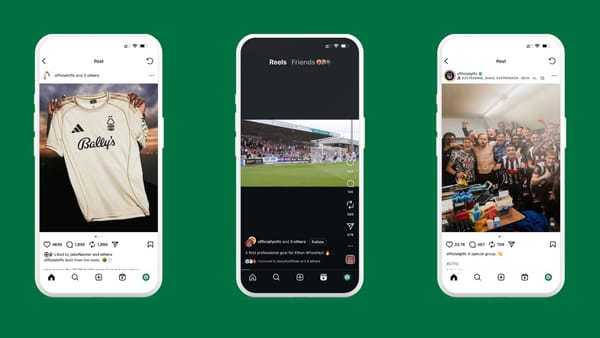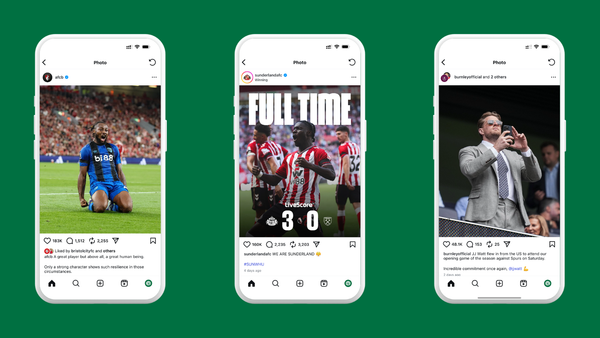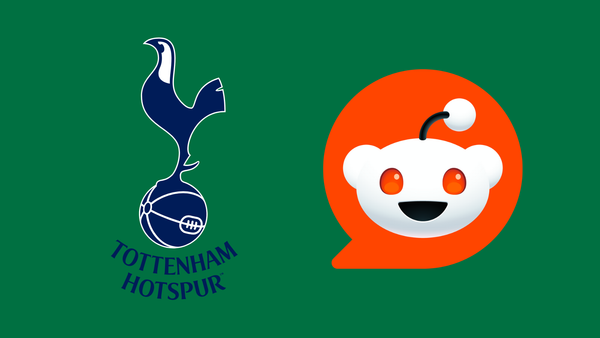Should clubs block fans?

As long as there has been football there have been fans using colourful language to vent their feelings about the game. The rise and rise of social has meant that those outbursts are no longer confined to the terrace or the pub, but have made their way online and onto the screens of those community managers at clubs themselves.
Many clubs adopt the “don’t feed the troll” approach, simply refusing to respond to or acknowledge any abuse regardless of how sincere it may be. Others such as Newcastle United have decided to hit back by hitting block. But are they right?
Earlier this month the club relaunched their Twitter account, posting a greater variety of content relating to the Toon Army and their history. This was regarded almost universally as a positive move, however there is still frustration among fans with the general direction of the club on the pitch. As a result a tweet about St. Patrick’s Day elicited a strong response from one particular supporter. That fan was blocked. Almost immediately this move was met with accusations that the club were being overly sensitive and trying to stifle debate.
Lee Marshall, PR and Supporter Liaison Manager at Newcastle United, explained the club’s reasoning behind the decision to block this particular fan: “As part of our social media conversations, we welcome and expect a wide range of opinions which reflect fans’ strong emotional ties with the club. Unfortunately, while social media gives us all the freedom to express ourselves and our views as we see fit, a small minority of individuals can use their accounts to be abusive or threatening or to simply disrupt the enjoyment of fellow users and the flow of online conversation.
“When that happens in relation to the club account, the club has a responsibility to act; not just for the protection of staff who have to operate social media accounts, but primarily for the benefit of respectful, ordinary fans including the many children who interact with us every day.”
The Mike Ashley Out Campaign, responding on behalf of the banned supporter, said: “The club have a history of being pretty insensitive with the timing of some of their tweets. The language used wasn’t great but at the end of the day our fans invest a huge amount in Newcastle United and they’re not getting a lot back at the moment.”
So what’s to be done? Clearly clubs can’t expect to avoid all abuse, particularly after a poor result, however when does it become unreasonable? What is the best way to deal with supporters that overstep the mark?
Were Newcastle United right or wrong? We’d like to hear what you think in the comments below.





